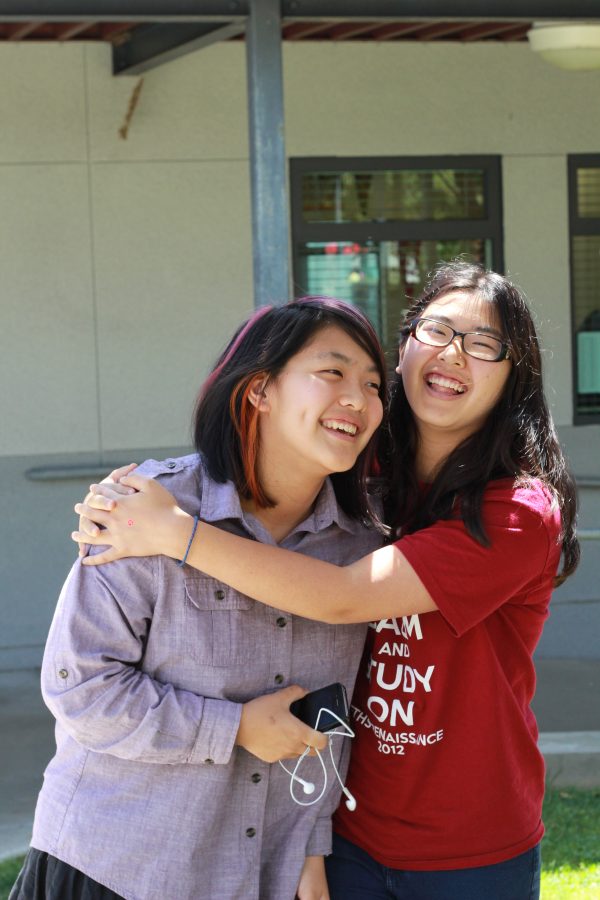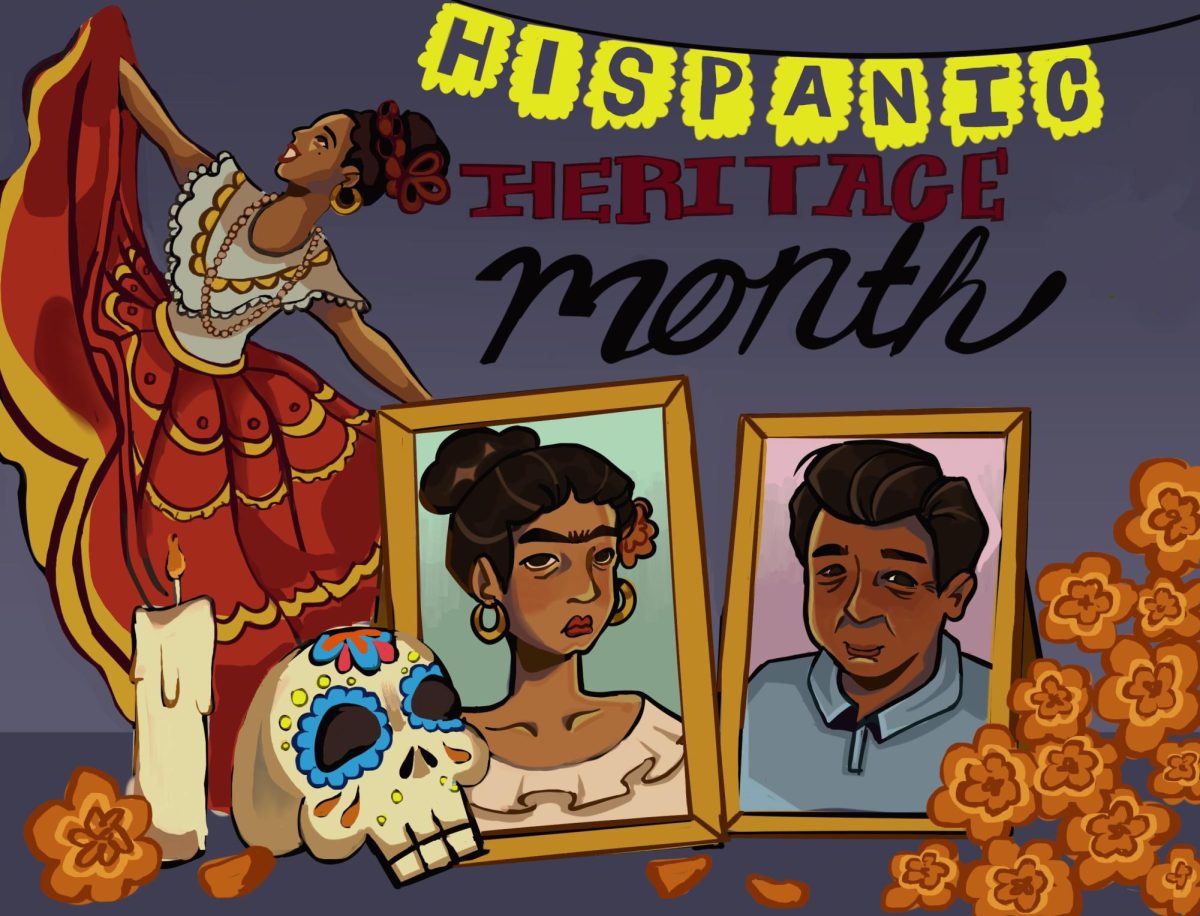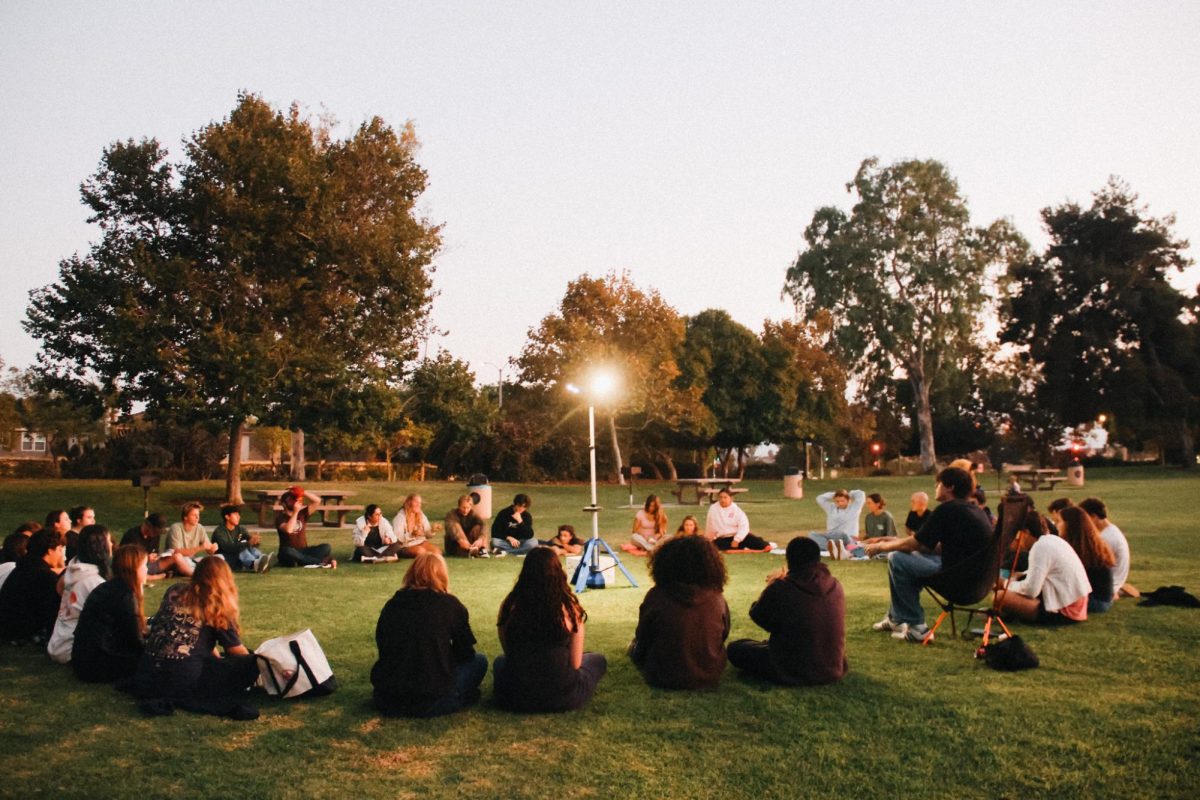
Oh, you’re so-and-so’s younger sister? Why aren’t you like her?” and “You should try to be like your older brother. He does so well in school and sports,” are among the phrases that a younger sibling never wants to hear.
In most cases, siblings are valued for their unique strengths and talents: at home, at school, in extracurriculars, even at work. However, in some cases, the children are pressured to live up to the reputation of their siblings.
“It happens everywhere,” said counselor Steve Boyd. “You don’t mean to; it’s just human nature.”
According to the article “Big Siblings Big Influence: Some Behaviors Run In The Family” by Alix Spiegel, older siblings have significant influence on the actions and behaviors of their younger siblings. In relation to bad influences, a sibling will be 25 percent more likely to smoke if their other sibling smokes, and a sibling will be 36 percent more likely to drink if their older sibling does.
However, the reverse is also true. Brown University psychiatry professor Richard Rende found that “good behavior in older siblings can be as contagious as bad.”
As is the case with freshman Fidelity Ballmer, who knows what it’s like to be both positively influenced by and compared to her older siblings, junior Ami and senior Luke.
“It’s when I went to Foothill that I had to live up to my brother’s and sister’s reputation,” she said.
She notes that it is actually the students who compare her, not the teachers.
“They expect me to be like them, be as smart as them, to do the same things as them,” Ballmer said.
In some cases, siblings delve into the same interests because of the influence of their siblings, as is Ballmer’s case with speech and debate.
“At first, the only reason I did it was because of my brother and sister,” she said. “I thought I wouldn’t be as good as them, but then I found out this is something I’m really passionate about.”
Junior Lucy Liao said that she definitely feels pressure from her parents to live up to the expectations of her older sister Christine.
“I feel stressed mostly, and sometimes it’s a little upsetting or disheartening that I have this certain standard to level to, rather than just being my own person,” she said.
Liao views sibling comparison as “inevitable,” but hurtful and unfair.
“If you have a sibling, you’re just going to end up comparing yourself one way or another,” she said. “They really shouldn’t ideally, but it’s hard not to.”
Not every younger sibling feels pressured; there are many supportive older siblings who help their sibling counteract that pressure.
According to an article from Science Daily, “having a sister protectes adolescents from feeling lonely, unloved, guilty, self-conscious and fearful.” Having a compassionate sibling, in accordance to their research, often positively influenced the sibling to be kind to others as well.
Sophomore Elaine Park said she doesn’t feel pressured to live up to the achievements of her older sister, Valedictorian senior Emily.
“She doesn’t flaunt it, you know, that she does so well,” Elaine said. “I don’t feel like I need to do as well as she does.”
Emily said she doesn’t want her younger sister to feel pressured at all.
“I sat her down, and I was like, ‘Hey, I really hope you don’t feel the pressure to have to live up to anyone, especially me,’ because we’re very different people,” she said.
Teachers try to give siblings positive, unique experiences. History and bioethics teacher Richard Geib said he doesn’t compare siblings who go through his classes.
“I’ve gone way out of my way to sit there and say, ‘I will take each individual seriously as an individual,’ not prejudge them by their sibling,” he said. “I think it’s unfair to go ahead and sit there and compare [them] when one kid might have more talent in school than another. Then you start putting a real huge burden on them.”
Boyd thinks that siblings will usually develop into their own person, free from the judgements of others about their brothers or sisters.
“I think parents probably encourage their kids to do whatever they want. It’s all with the best intentions,” Boyd said. “Kids generally find their own path, and they find their way.”









